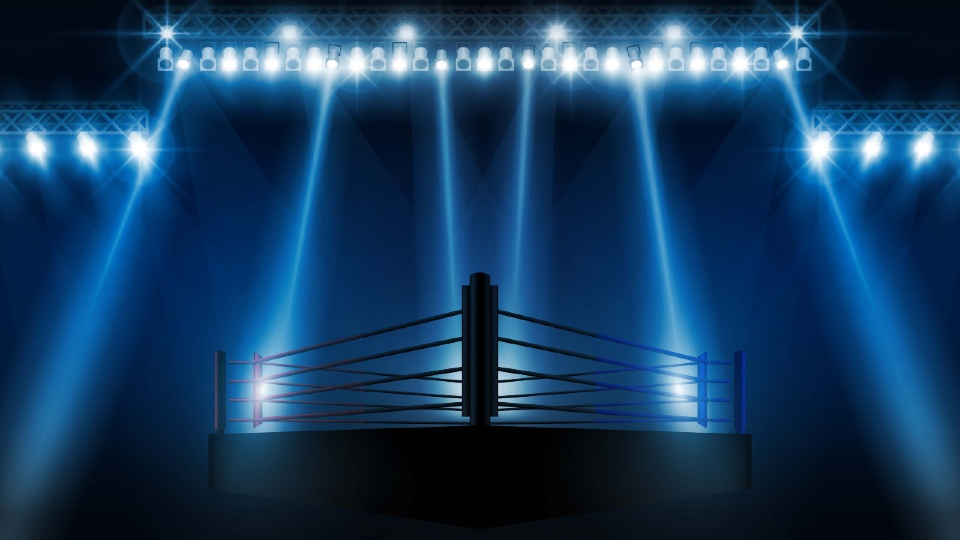Professor Warden's research looks at the intersection of sport and arts practice - including wrestling, bodybuilding, and gym culture - and she co-founded Wrestling Resurgence, an Arts Council-funded project that aims to create theatre-style wrestling shows and promote wellbeing and inclusion. She also co-hosted the first parliamentary event on professional wrestling in the UK working with the All Party Parliamentary Group for Professional Wrestling.
"Hulk Hogan was the most recognisable wrestler in history, a quintessential American hero who encouraged his followers, his Hulkamaniacs, to 'say your prayers and eat your vitamins'", said Professor Warden.
"His trademark moustache and red and yellow outfit defined the emergence of the global megalith that is now WWE. He was also a controversial figure, in terms of his politics and behaviours. But, despite this, his legacy is undoubted. At a time when WWE (then WWF) was emerging as a power of global capitalism, Hulk Hogan was its figurehead, a classic larger-than-life figure akin to a cartoon superhero.
"In my own work, my interests in Hulk Hogan lies in his theatricality. The energy of his promos, speaking directing through the camera to the Hulkamaniacs, was visceral. He was able to energise a crowd singlehandedly, connecting with the audience in ways that are now customary in professional wrestling.
"He was one of the first truly crossover wrestling stars: even your mum knew who Hulk Hogan was. His legacy in braking out of the relatively niche sport-art of wrestling and on to the global stage in films, reality television and advertising undoubtedly pave the way for familiar stars today.
"By no metric was he the best fighter as such: his moveset was limited. But there are few who were able to connect with fans and create such a theatrical spectacle. When people think of professional wrestling, they tend to think of Hulk Hogan."
To request an interview or further comments from Professor Claire Warden, please call 01509 222224 or email the PR team.
